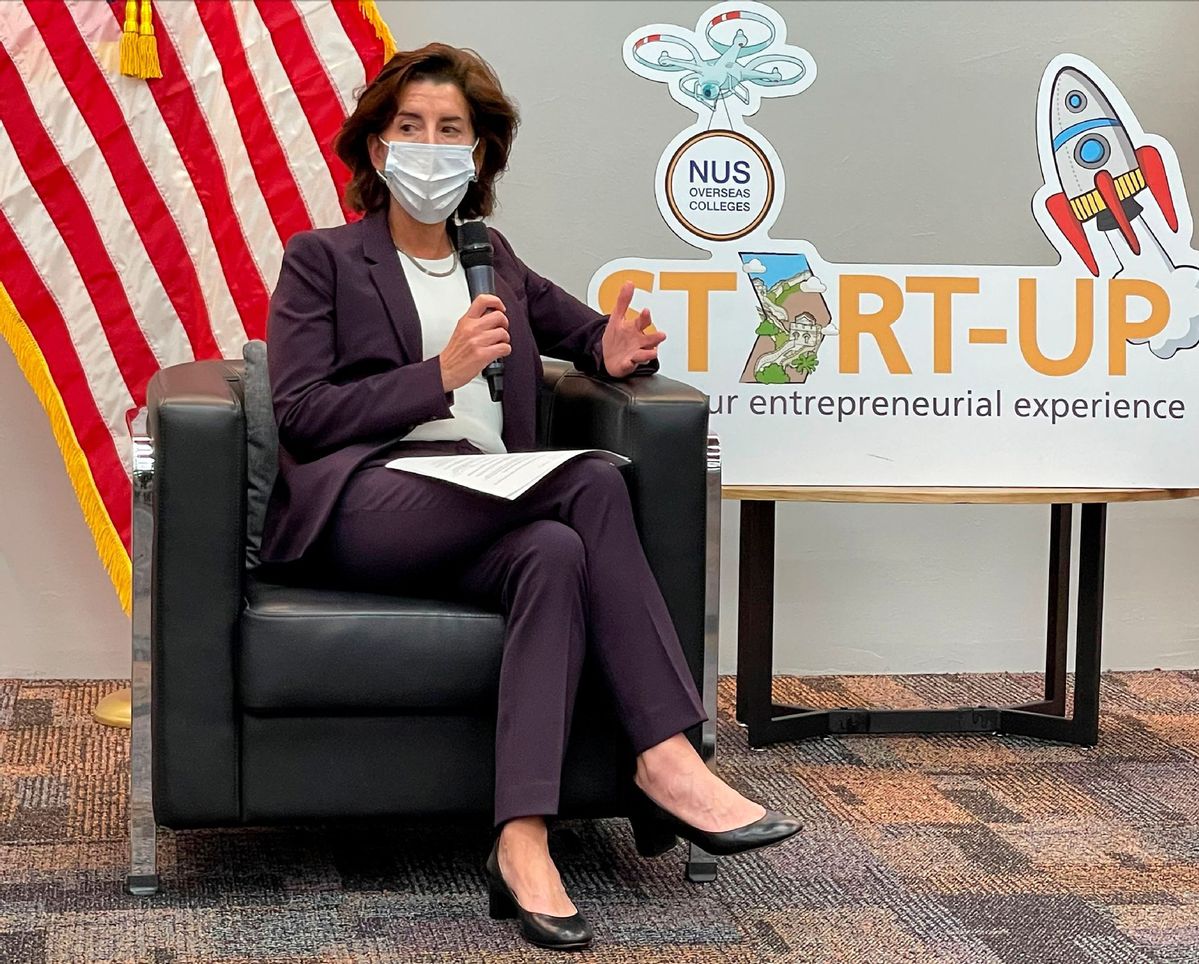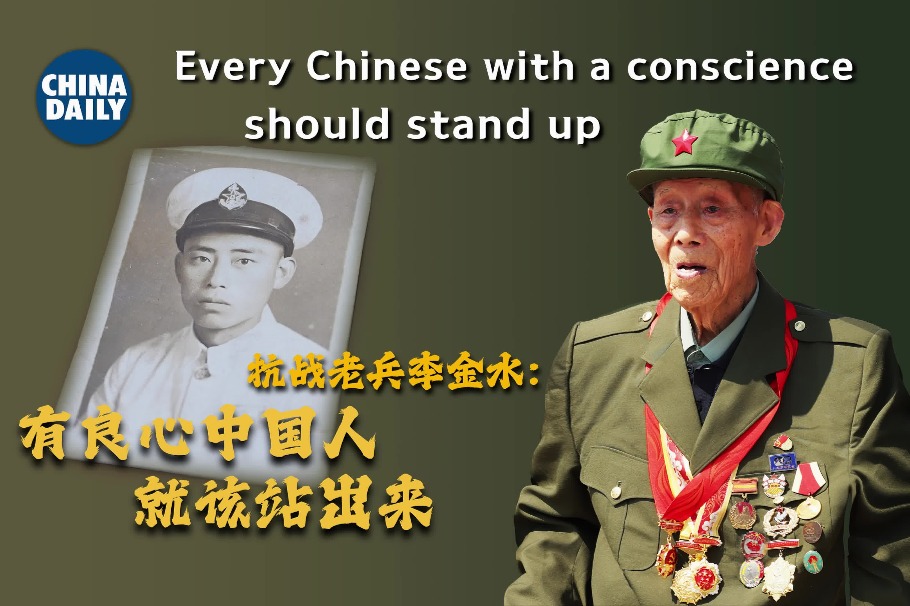Asia-Pacific needs competition, not conflict, to grow


Gina Raimondo's first visit to Asia as US Secretary of Commerce from Nov 15 to 18 came after the considerable disappointment in the Asia-Pacific region over the United States' perceived lack of engagement with Asia during the Donald Trump presidency (2017-20).
The disappointment was particularly pronounced among the US' defense and strategic partners in the Asia-Pacific, especially because the Trump administration, despite emphasizing the idea of the Indo-Pacific, did not display the eagerness to connect to Asia as a region.
Since Raimondo visited Japan, Singapore and Malaysia amid heightened tensions between the US and China, it created apprehensions among the countries in the region that they might be forced to choose between the US and China. Such apprehensions had also arisen due to the Trump administration's trade policy.
Beginning with the US' withdrawal from the Trans-Pacific Partnership agreement to the reworking of the existing free trade agreement with Japan and the Republic of Korea, the US trade policy has sent out signals that it is using trade for maximizing national benefits, without making efforts to preserve regional relationships.
US President Joe Biden's announcement that "America is Back" is an effort to dispel the worries in various parts of the world over the US' disengagement.
Moreover, Raimondo's choice of countries to visit in Asia is interesting. Japan and Singapore have had defense and military relations with the US for decades. The US also has years of security cooperation with Malaysia. And the three countries are not only among the most prominent economies of the Asia-Pacific, but also members of the Comprehensive and Progressive Trans-Pacific Partnership.
After Trump withdrew the US from the TPP, the remaining members, led by Japan, Canada and Australia, formed the CPTPP.
The fact that Japan, Singapore and Malaysia are crucial to the US for its long-term security and economic interests in the region cannot be overlooked. As members of the CPTPP, all three will play a key role in safeguarding the interests of existing members when a new member joins the grouping.
China has officially applied to join the CPTPP. Since the US has been trying to return to, and make its presence felt in, the Asia-Pacific, it is important that it stays committed to trade and economic engagement in the region. Which would also signal the return of consistency in US trade policy.
Unlike its predecessor that decided trade engagements on a bilateral basis, the Biden administration looks keen on engaging with trade partners on a more focused regional basis.
Linked closely to the regional focus on trade is the US' intention to work toward an economic framework for the Indo-Pacific. The US has realized that without a rules-based framework of its design, the Indo-Pacific will not develop into a purposeful economic region to its advantage.
Although the elements of the framework are yet to be specified, going by the US' interest in safeguarding critical supply chains, including those for semiconductors, and the regional focus on critical technologies and clean energy, these could be areas fundamental to the growth of the framework.
Raimondo's visit to Asia also came against the backdrop of a virtual summit between the US and Chinese presidents. The summit showed that both sides are making efforts to defuse the tensions. Notably, during his talks with President Xi Jinping on Nov 16, Biden described the efforts in this regard as the intention to have "competition" with China, not "conflict".
But to maintain a competitive relationship with China, the US will need to stay committed to and engaged in Asia. This is what the US Secretary of Commerce's visit aimed to achieve. The challenge will be to ensure that the Sino-US competition doesn't lead to conflict.
The author is senior research fellow and research lead (trade and economic policy) at the Institute of South Asian Studies in the National University of Singapore.
The views don't necessarily represent those of China Daily.
If you have a specific expertise, or would like to share your thought about our stories, then send us your writings at opinion@chinadaily.com.cn, and comment@chinadaily.com.cn.
































